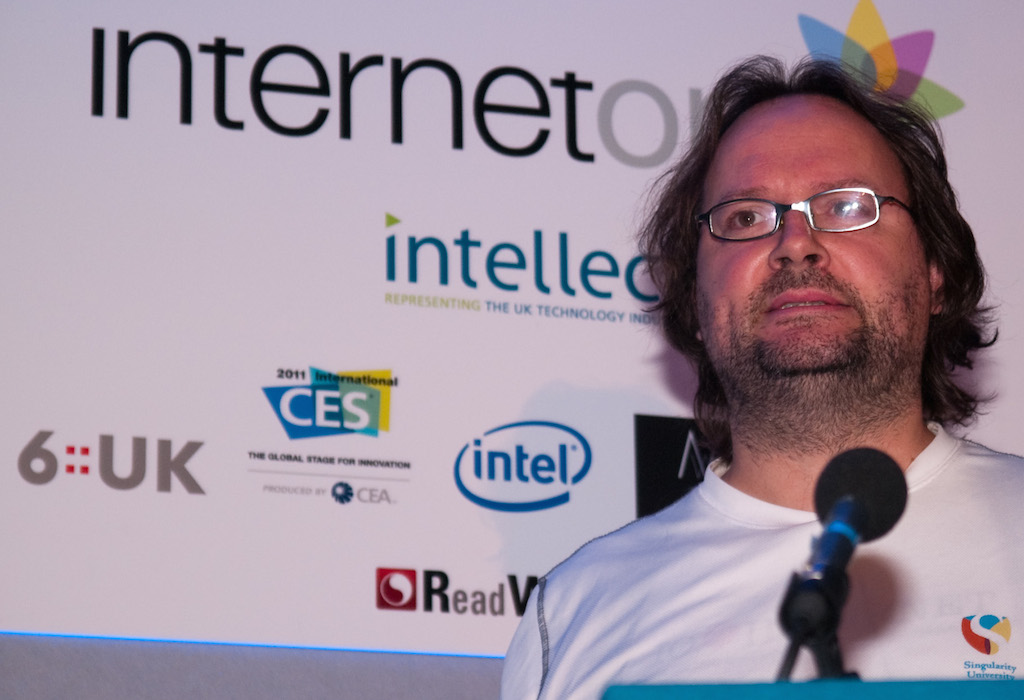
This post is about an exciting vista for organization, one that may sound unhuman on the face of it but which, in contrast, I think could serve human dignity very well.
I first presented it in my Future of Organization video May 23rd, a presentation that appears to have been well received (and the accompanying Slideshare accrued over 2000 views in the week). Given the variety and perceptiveness of the comments the video garnered I'm particularly pleased to have excused the presentation up front as being far from comprehensive. Pete Burden picked up on building inclusiveness and sustainability, and humanity, pointing me to this webpage on concious business. And soulfulness was at the heart of a similar exchange with Frederic Laloux, author of Reinventing Organizations. (I consequently elevated the book to the top of my to-read pile and at page 36 I'm enjoying it very much so far.)
Mr. Wirearchy himself, Jon Husband, was good enough to 'tweet out' (appended here). And my dear friend Gabbi Cahane wondered what balance of my living in the future and living in the present might be best for business. Hmm, good point :-)
In this post, I'm referring to what I've named Bread incorporated – a distributed, self-regulating, incorruptible, frictionless market for organization. Here's the slide in question and the transcript: Read more








